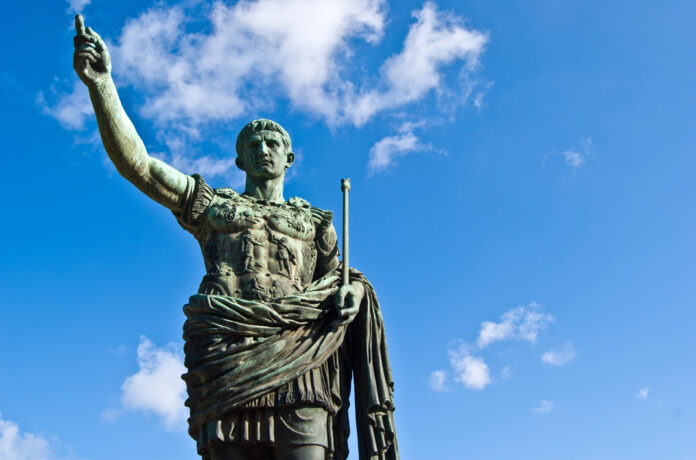Julius Caesar, one of history’s most iconic figures, left an indelible mark on the ancient world as a military genius, statesman, and political leader. While many are familiar with Caesar’s role in the rise and fall of the Roman Republic, there are several lesser-known facts about his life and legacy that offer intriguing insights into his character and achievements. Here are three surprising facts about Julius Caesar that may pique your interest.
Caesar Was Once Captured By Pirates
Before ascending to power in Rome, Julius Caesar endured a harrowing experience at the hands of pirates. In 75 BC, while traveling to Rhodes to study rhetoric, Caesar’s ship was intercepted by Cilician pirates who demanded a ransom for his release. Despite being held captive, Caesar maintained a fearless and defiant demeanor, even going so far as to mock his captors and promise to return to capture and crucify them once he was free. True to his word, after his release, Caesar gathered a fleet, tracked down the pirates, and exacted his revenge, seizing their ships and wealth and carrying out their execution as he had vowed.
Caesar Instituted Calendar Reforms
In addition to his military and political achievements, Julius Caesar made significant contributions to the field of astronomy and timekeeping. Frustrated by the inaccuracies of the Roman calendar, which had fallen out of sync with the solar year, Caesar initiated a series of reforms aimed at creating a more precise and reliable calendar system. With the assistance of the Alexandrian astronomer Sosigenes, Caesar introduced the Julian calendar in 46 BC, which established the 365-day year with leap years occurring every four years. The Julian calendar served as the basis for the modern Gregorian calendar, which is still in use today.
Caesar Was Assassinated On The Ides Of March
One of the most dramatic and infamous events in Julius Caesar’s life was his assassination on the Ides of March, March 15, 44 BC. Despite warnings and omens foretelling his demise, Caesar dismissed concerns about his safety and attended a meeting of the Roman Senate at the Theatre of Pompey. There, he was surrounded by a group of conspirators led by Brutus and Cassius, who stabbed him to death in a frenzied attack. Caesar’s assassination plunged Rome into a period of civil war and political upheaval, ultimately leading to the downfall of the Roman Republic and the rise of the Roman Empire under Caesar’s adopted heir, Augustus.

